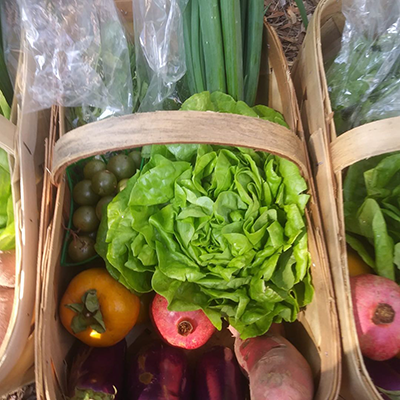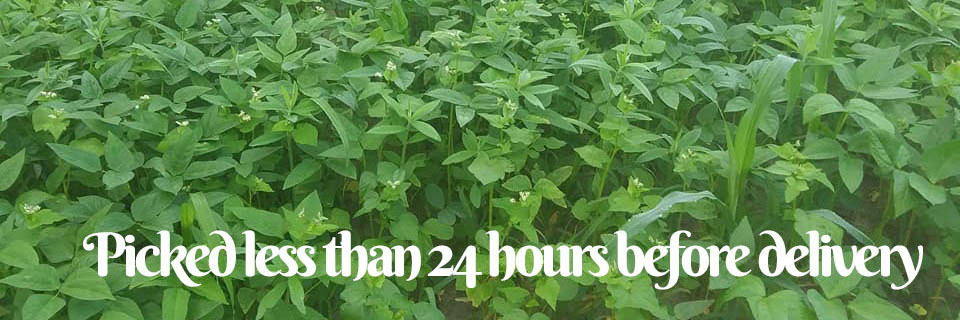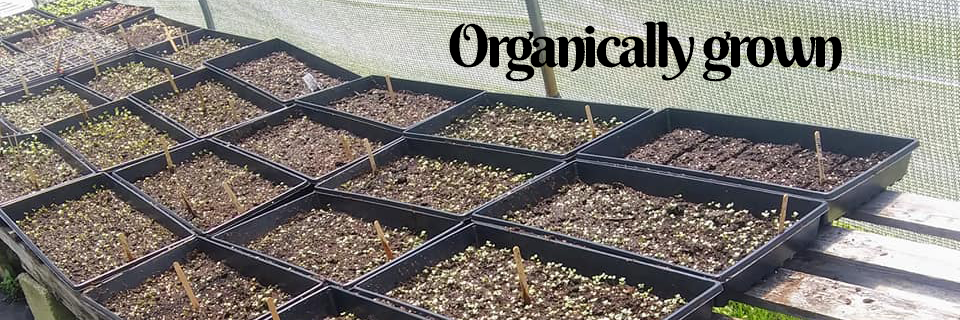WHAT IS A CSA?
A Community Supported Agriculture (CSA) consists of a community of individuals who pledge support to a farm operation so that the farmland becomes, either legally or spiritually, the community's farm, with the growers and consumers providing mutual support and sharing the risks and benefits of food production.
- Members share the risks and benefits of food production with the farmer.
- Members buy a share of the farm’s production month to month.
- In return, they receive regular distributions of the farm’s bounty throughout the season.
- The farmer receives advance working capital, gains financial security, earns better crop prices, and benefits from the direct marketing plan.
WHY SHOULD I JOIN?
Supports Local Farmers:
Unlike buying from a grocery store, CSAs are a great way to give money directly to the farmers that grow your fruits and vegetables. It's not as direct as visiting a farmer's market, but if you don't live in a place where there's a farmer's market nearby.
The Freshest Possible Seasonal Eats:
Since all of the fruits and vegetables you get from a CSA are locally-grown, everything you get as part of your share will likely be grown within a stone's throw of your home. That means it's picked when ripe, and not frozen and trucked across country before getting to you. Also, as the weather changes, crops will change too – you'll get greens and tomatoes in the spring and summer, and squash and sweet potatoes in the fall – when they're perfectly ripe.
TRY NEW FOODS

You don't have to join a CSA, but they're out there if you want food that's free of pesticides or grown in a sustainable environment. Plus, as a thank you, most farmers in a CSA will throw in new and different crops at times to see how well people like them and how well they grow. Your regular share will usually contain a delicious surprise.
(Potentially) Cheaper than Gourmet/Conventional Markets:
Most people wouldn't consider a CSA the most affordable option when it comes right down to dollars. The benefit of fresh, delicious food is enough to make many people spend more than they would at their local supermarket. However, because a CSA requires you lay out more money up front to get regular deliveries, it forces you to budget, and depending on how much you spend on groceries regularly, it could wind up being cheaper in the long run.


